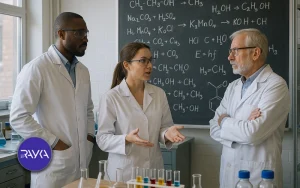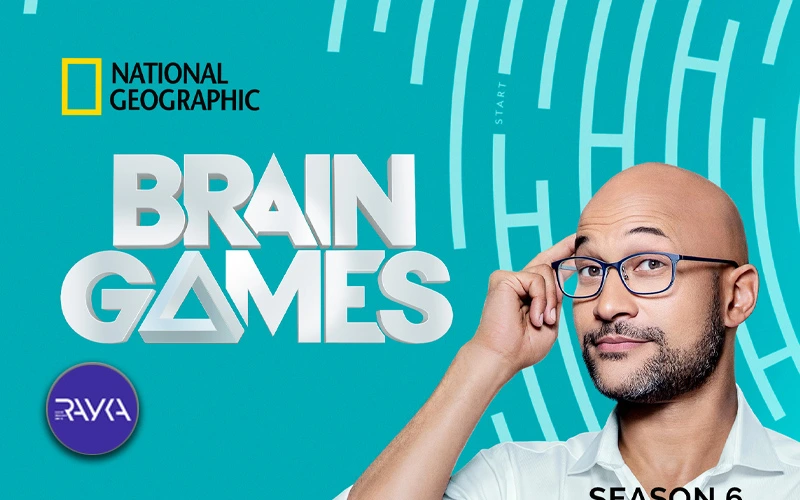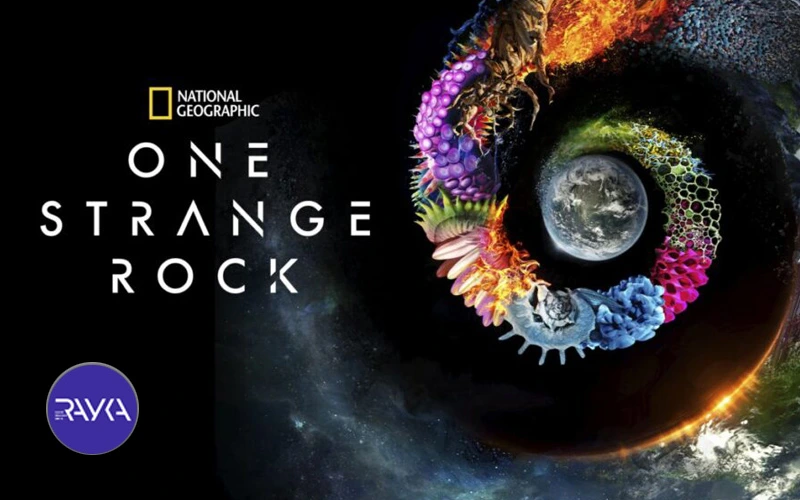
The best scientific documentaries offer an engaging and effective way to explore the wonders of science, nature, and technology. Through stunning visuals, precise storytelling, and well-documented data, these works present even the most complex scientific concepts in an accessible and understandable language. Watching a scientific documentary is not only entertaining; it also equips the mind with fresh knowledge and a scientific perspective on the world.
If you are looking for a list of timeless and impactful scientific documentaries, stay with us as we review the very best examples in full detail.
interested in science, nature, or technology. This diversity allows every viewer to choose an educational and inspiring documentary based on their interests. Here are the main topics covered by scientific documentaries:
Absolutely. AI now plays a significant role in the production of scientific documentaries. From scriptwriting and voiceovers to generating simulated imagery, intelligent technologies make content production faster, more accurate, and highly creative. Many modern documentaries use image and text processing algorithms to reconstruct reality or simulate scientific data.
AI-based tools also help content creators build visually accurate scenarios using real data. For example, in astronomy or medical documentaries, the use of generative images or 3D modeling increases visual appeal and makes complex concepts easier to understand.
If you’re looking to create a scientific documentary that’s precise and distinctive, at Raikamāh, we transform scientific storytelling into a unique visual and audio experience using advanced AI technologies.
For free consultation and to get started, simply fill out the form below and our experts will contact you.
Portraiture documentaries are a genre of documentary that delve into the lives, personalities, achievements, and concerns of specific individuals. These individuals can be artists, scientists, athletes, social leaders, or even ordinary people with unique stories. The primary goal of such documentaries is to depict various aspects of the subject’s life and convey a deep understanding of their character and impact on society.
The emergence of artificial intelligence has fundamentally transformed the process of producing portraiture documentaries. Here are some of the key roles that AI plays in this field:
The use of artificial intelligence has made producing portrait documentaries faster, more precise, and more creative—empowering filmmakers to tell life stories in fresh and impactful ways.
Artificial intelligence has revolutionized the production process of social documentaries—in terms of both speed and quality. Some major applications of AI in this context include:
Utilizing AI not only makes social documentary production faster and more accurate, but also enables more creative storytelling, discovery of untold stories, and deeper analysis of societal dynamics.
Outstanding scientific documentaries help you gain a fresh perspective on the world of science. In addition to providing valuable information, these works inspire science and research enthusiasts. If you’re seeking a list of renowned and timeless scientific documentaries, here are 10 influential examples:
Narrated by Neil deGrasse Tyson, this documentary takes viewers on a magnificent journey through the universe. With breathtaking visuals and engaging scientific stories, it explains astronomy and the history of science in an accessible way. Cosmos is considered one of the most popular scientific documentaries in TV history.
A spectacular documentary about the wonders beneath the sea and the depths of the oceans. This series captures the astonishing lives of marine creatures and the importance of protecting aquatic ecosystems. The Blue Planet also offers a new perspective on the underwater world.
This entertaining and informative series explores how the human brain works. Through interactive experiments and visual tricks, it challenges the viewer’s mind. Brain Games gives you new insight into how your brain functions.

Hosted by Morgan Freeman, this documentary answers some of the universe’s biggest questions. Concepts like time, black holes, and extraterrestrial life are explained in simple terms. Through The Wormhole takes your mind into the unknown.
A visually stunning documentary about the evolution and existence of life on Earth. With outstanding imagery and detailed narration, it showcases the development of different species. Life connects the viewer with the diversity of living things.
This documentary highlights the state of the environment and human impact on ecosystems. Striking visuals and impactful stories leave viewers thoughtful. Our Planet delivers an important message about the need to protect nature.
This remarkable work reconstructs the world of dinosaurs, using advanced technology to realistically depict the lives of these ancient creatures. Walking With Dinosaurs provides an exciting journey into Earth’s past.
Narrated by Will Smith, this documentary explores the wonders of Earth and its unique habitability. Astronauts share their experiences of seeing Earth from space. One Strange Rock offers a fresh perspective on our home planet.

Focusing on the behavior of nature’s predators, this documentary uses professional filming techniques to showcase hunting and survival strategies. The Hunt tells thrilling stories of the struggle for survival.
the world. A good documentary not only delivers accurate information, but also creates an enjoyable and inspiring experience. Here are the main characteristics of a successful science documentary:
A profound look at racism and the American prison system, examining inequality and social justice through the historical analysis of the 13th Amendment to the U.S. Constitution.
A bizarre and shocking account of Indonesian mass murderers, who themselves reenact their crimes on camera.
A critical documentary about America’s gun culture and its tragic consequences for society.
An investigative look at the 2008 global financial crisis and the underlying economic corruption of the capitalist system.
The story of two African-American teenagers striving to become basketball players, highlighting the impact of social and economic inequality on their futures.
Interviews and revelations with Edward Snowden about U.S. government surveillance, shedding light on new dimensions of freedom and social security.
A narrative exploring the life and ideas of Black writer James Baldwin, examining the history of racial discrimination in America.
The life of a female beekeeper in Macedonia, offering a delicate portrait of human interaction, nature, and social and environmental concerns.
A documentary on the Egyptian revolution, capturing the influence of social movements on the fate of a nation.
An intimate portrayal of the children of sex workers in Kolkata’s red-light district, offering perspectives on hope, education, and liberation.
Watching the world’s best scientific documentaries is both an inspiring and educational experience. These films, with their engaging storytelling and credible content, offer a fresh understanding of nature, space, and human life. If you are interested in making a scientific documentary or creating informative content, you can leverage artificial intelligence technologies to produce a lasting and memorable work.
RaykaMah, with years of experience in producing professional teasers and documentaries, is ready to help you tell your story in the most compelling way.
Most scientific documentaries are designed for teenagers and adults, but there are also special editions aimed at children.
Having a narrative structure makes the content more engaging and easier to understand, but it is not mandatory.
Yes. Thanks to high-quality mobile cameras and AI tools, producing documentaries has become much easier.
If you plan to distribute your documentary publicly or commercially—such as on television or in festivals—you do need a license.
Netflix, Disney+, CuriosityStream, and BBC iPlayer are all great options for streaming scientific documentaries.